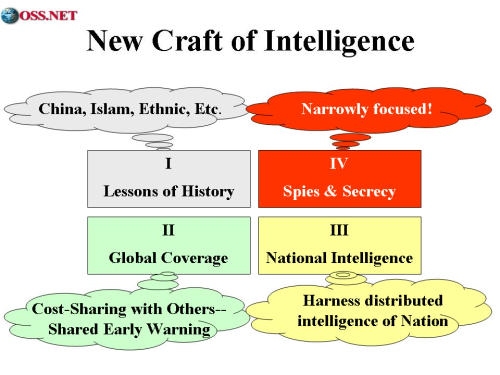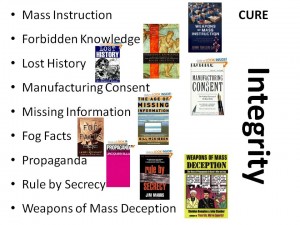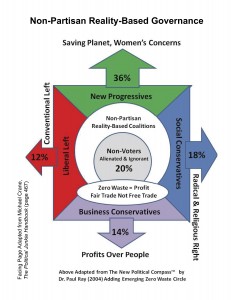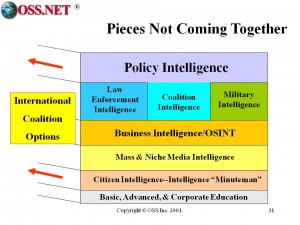ABSTRACT: The primary hyposthesis that I will endeavor to support is that leveraging the benefits of network organization constitutes a new source of power and a new way of accomplishing global governance.
Complexity + Networks + Connectivity = Panarchy
CONCLUSION: In this paper I have shown that the convergence of processes crosses a critical threshhold to create new possibilities for governance. The result is a new system. The key distinction between the old system and the new lies in the fact that governance in the old system was achieved through states, whereas in the new system it is not only achieved outside of hierarchies through horizontal networks, but is in fact often achieved in spite of hierarchies.
Phi Beta Iota: The author is meticulous in crediting James N. Rosenau, Turbulence in World Politics: A Theory of Change and Continuity (Princeton, NJ: Princeton University Press, 1990) for originating many of the concepts that underlay the emergent scholarship on panarchy.







